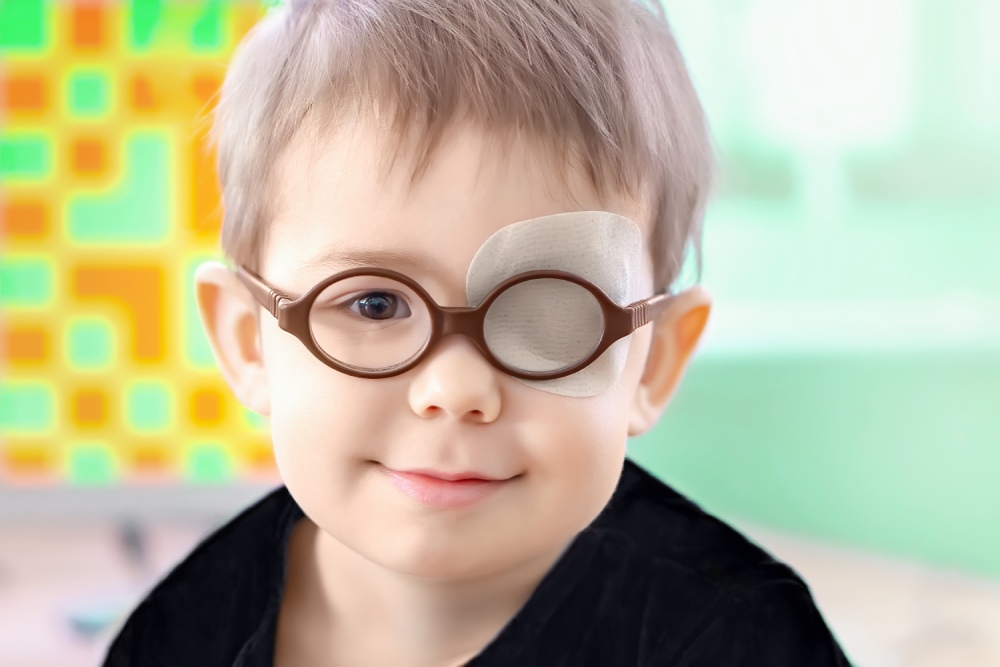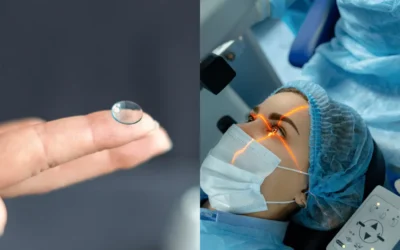If you or someone you know struggles with learning disabilities or other vision-related issues, you may be wondering if vision therapy could help. While it’s not a cure-all, vision therapy is a type of rehabilitation that can help improve various visual skills and alleviate certain vision problems. Let’s take a look at what vision therapy is, how it works, and whether it could be a good option for you or your loved one.
What is vision therapy?
Vision therapy is a type of therapy that uses a variety of techniques to help alleviate certain vision problems and improve your ability to read, learn, and pay attention. Whether you’re dealing with amblyopia (lazy eye), strabismus (crossed eyes), or other eye movement disorders, vision therapy can be a great way to improve your visual skills and overall quality of life.
Vision therapy for learning disabilities
Many children who struggle with learning disabilities also have vision problems. For example, they may have trouble tracking words on a page, or they may struggle to maintain focus while reading. Vision therapy can be incredibly helpful in these cases. By improving their visual skills, children may find that they are better able to read and comprehend information.
Vision therapy for eye health
Vision therapy isn’t just for learning disabilities, however. It can also be used to address a variety of other vision-related issues. For example, vision therapy can be helpful for people who suffer from eye strain or headaches as a result of prolonged computer use.
Vision therapy for sports vision
Athletes can also benefit from vision therapy. By improving their visual skills, athletes may be able to better track fast-moving objects, such as a basketball or a hockey puck. Sports vision therapy can lead to improved performance on the field or court.
Vision therapy for concussions
Vision therapy can also be an effective tool for athletes recovering from a concussion. A concussion can cause a range of visual symptoms, including double vision, light sensitivity, and difficulty focusing. These symptoms can significantly impact an athlete’s ability to perform on the field or court. Sports vision therapy aims to address these symptoms and improve overall visual skills.
Vision therapy for lazy eye
Many people with lazy eye (amblyopia) find that vision therapy can be an effective treatment option. During vision therapy, patients perform a series of exercises to help strengthen the weaker eye. Over time, this can lead to improved vision in the affected eye.
How does vision therapy work?
During a vision therapy session, you’ll work with a trained therapist who will guide you through a series of exercises designed to improve various visual skills. These exercises can include things like eye tracking, focusing, and peripheral vision training. Your therapist may also use several types of specialized medical equipment, including:
- Therapeutic lenses
- Prisms
- Filters
- Occluders or patches
- Electronic targets with timing mechanisms
- Balance boards
As you progress through your vision therapy exercises and your visual skills improve, you may begin to notice positive changes in other areas of your life too. These can include improvements in your reading speed, comprehension, and overall ability to focus and pay attention.
Is vision therapy right for you?
If you or your child has been diagnosed with a learning disability or another vision-related issue, vision therapy in Pembroke Pines could be worth exploring. It’s important to keep in mind that vision therapy is not a one-size-fits-all solution and may not work for everyone. However, it can be highly effective and provide long-term benefits.
At The Eye Center, our eye care professionals can determine if vision therapy is the best option for you. During a comprehensive eye exam in Pembroke Pines, we’ll take a closer look at your eye health and current vision abilities, so we can design a program that’s tailored to your unique needs. Once we have a better understanding of your vision, we can advise you on whether vision therapy is right for you.
In conclusion, vision therapy is a valuable tool for improving visual skills and alleviating certain vision-related issues, including learning disabilities. Not only is it effective, but it’s also fun and engaging, making it a great option for both children and adults. If you’re curious about whether vision therapy could be right for you or your loved one, contact us in Pembroke Pines today!





